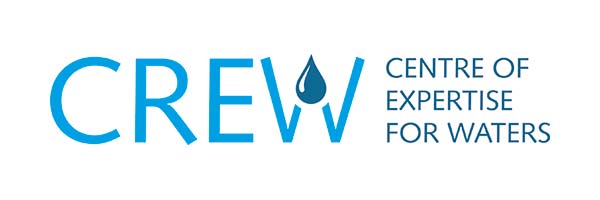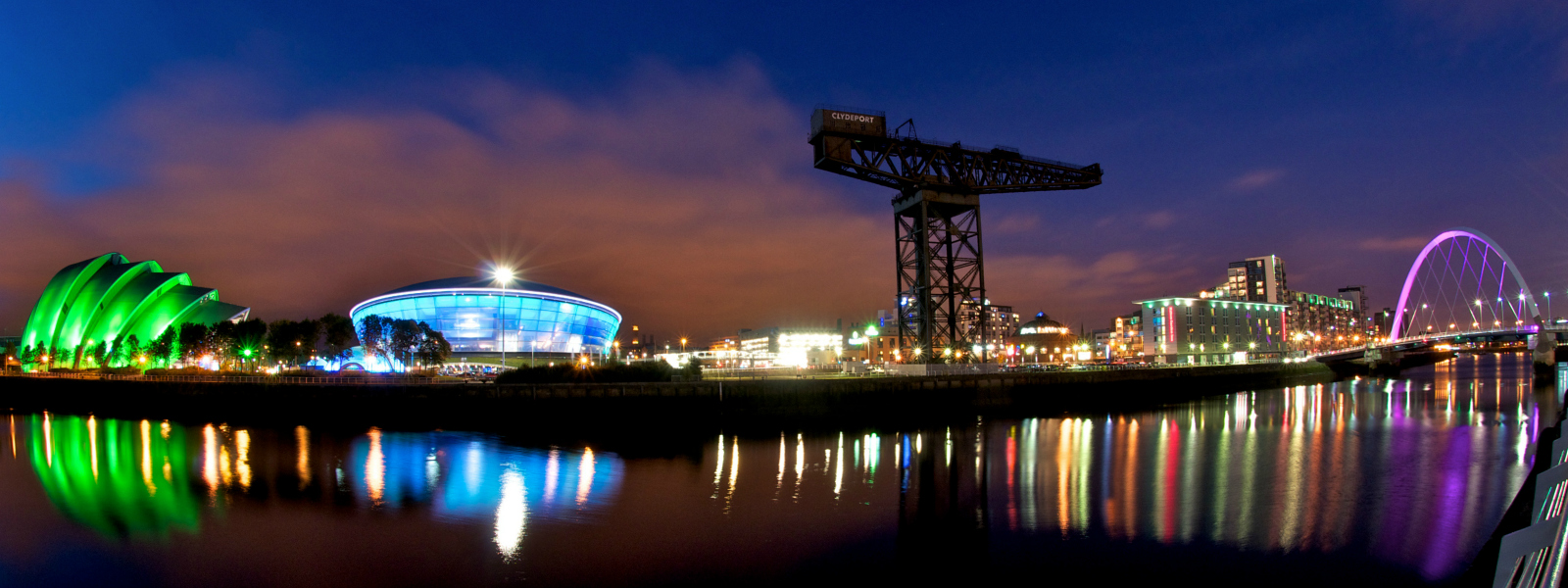Abstract submission
Abstract submission has now closed!
Registration
Registration has now closed!
Registration fees are as follows:
- BHS members (to 9 September 2022 when registration closes): £80
- Early-bird registration, non members (to 26 August 2022): £80
- Full registration, non members (from 27 August 2022 to 9 September 2022): £110
The registration fee is for the symposium and evening dinner/social event only; all other costs, including travel and accommodation, will be at the delegates’ expense.
Travel grants
The British Hydrological Society recognises the difficult financial times that we’re all living through and would like to extend some assistance to students and early-career members who may be struggling to access funding to allow them to attend the Peter Wolf symposium in Glasgow. As one of the first major in-person British Hydrological Society events since the relaxation of COVID-19 restrictions, the society are keen that the Peter Wolf symposium and BHS2022 the week beforehand in Lancaster are successes and are of benefit to those who attend. To that end, while travel grants are typically not available for domestic conferences, we have taken the decision to open these grants up to students and early-career professionals planning on attending either event (up to the amount of £250). Applications should be submitted to the BHS Treasurer (Dr Scott McGrane).
Find out more about conference grants.
Please note: applications for travel grants are separate to abstract submission and registration for the symposium. The symposium key dates listed above still apply.
Programme
The full symposium programme is now available. This may be updated further as we get nearer to the symposium.
The symposium will run over two days (Tuesday 20 and Wednesday 21 September 2022). It will include a mix of oral and poster sessions from the early career delegates, together with an existing mix of invited keynote speakers, including:
- Professor Hayley Fowler, President of the British Hydrological Society and Professor of Climate Change Impacts at Newcastle University
- Professor Lindsay Beevers, Chair of Environmental Engineering, University of Edinburgh
- Peter Robinson, Head of Engineering for Scottish Canals
- Vincent Fitzsimons, Head of Hydrology and Flooding at SEPA
On the second day, delegates will visit the Glasgow Smart Canal, an award-winning drainage system in Glasgow that combines modern technology with an 18th century canal to unlock regeneration across Scotland’s central belt. Believed to be the first of its kind in Europe, it unlocks 110 hectares of land for investment, regeneration and development.
Early career delegates will also have the opportunity to provide their thoughts and opinions relating to the future of the hydrology discipline. A skills survey session will be held during the symposium as part of the Environment Agency’s Flood Hydrology Improvements Programme, which is supporting actions laid out in the UK’s 25 Year Flood Hydrology Roadmap.
The symposium will include an evening dinner/social event on Tuesday 20 September (food will be included in the registration fee; drinks will be at the expense of the attendees).
Presentation formats
- Abstracts: all abstracts (oral and poster) will be compiled and made available to symposium delegates and online
- Oral presentations: 15 minutes including three minutes for questions. Oral presentations will be given in person. We are looking into the possibility of making pre-recorded presentations available online after the symposium with agreement from the presenters. Details to follow
- Posters: A1 size poster presentations (either landscape or portrait) will be displayed in person. We are looking into the possibility of making the posters available online after the symposium with agreement from the presenters. Details to follow.
Venue & travel
The symposium will be hosted by the Centre for Water, Environment, Sustainability & Public Health in the Department of Civil and Environmental Engineering at the University of Strathclyde: James Weir Building, Level 5, 75 Montrose Street, Glasgow, G1 1XJ. Signs will be placed in the building throughout the Symposium to help orientate delegates.
The University of Strathclyde is well served by public transport. If you are traveling to the Symposium by train, Queen Street Station (serving routes from/to the west and north) is 5 mins walk to the campus, and Glasgow Central Station (serving routes from/to the south) is 15 mins walk. If you are traveling by plane, Glasgow Airport is served by the Glasgow Airport Express bus service 500, which takes about 15-20 mins. Nearby stops in the city are George Square (near Queen Street Station) and the Buchanan Bus Station.
If you haven’t visited Glasgow before, the Visit Glasgow website provides a wealth of additional information about the city, including getting around the city and suggestions for what to see and do if you are considering staying longer.
Accommodation
The University of Strathclyde is a city centre-based campus with a number of hotel options to suit various budgets in the vicinity. Nearby hotels include the Travelodge Glasgow Queen Street, the Premier Inn Glasgow City Centre (George Square) and the Moxy Glasgow Merchant City Hotel. The Visit Glasgow website also offers several other accommodation suggestions.
Delegates are responsible for booking and paying for their own travel and accommodation.
Please plan your travel according to the latest COVID-19 advice and keep an eye on communications from us as we get nearer to the date.
Our partners

The Peter Wolf Symposium is kindly supported by the Centre of Expertise for Waters (CREW). CREW is funded by the Scottish Government and is at the forefront of science-policy knowledge brokering, ensuring the right information gets to the right people in the right way and at the right time. CREW provides actionable recommendations gathered through evidence-based research, synthesis, analysis and expert knowledge to support water-related policy, regulatory and industry activities of Scottish Government and its delivery partners such as the Scottish Environment Protection Agency (SEPA), Scottish Water, and NatureScot.
CREW work closely with Scottish Higher Education Institutes and Research Institutes, our sister Centres of Expertise, SEFARI and the wider Hydro Nation family, including the Hydro Nation International Centre, Hydro Nation Water Innovation Service, Hydro Nation Chair, the Hydro Nation Scholars Programme and CREW International.

